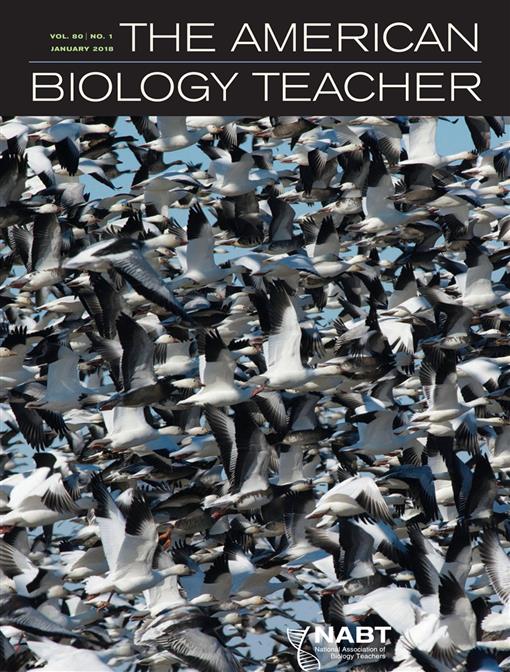The majority of terrestrial plants associate with fungi in symbiotic resource-exchange relationships called mycorrhizae. Because of the importance of these mycorrhizal systems to ecosystem functioning, it is crucial that future resource managers and scientists have a solid understanding of mycorrhizal ecology. Limited interest of postsecondary students in plants and fungi compared with animals, combined with difficulties visualizing below-ground processes, present challenges for learning mycorrhizal concepts. To address this, we created the digital, plant-ecology-centric, action-based game Shroomroot for use in a second year, postsecondary Introduction to Soil Science course. We then assessed effects of Shroomroot on students' knowledge acquisition and engagement with the topic of mycorrhizal ecology using a pre- and post-test evaluation. Students' knowledge of mycorrhizal ecology increased significantly after playing Shroomroot, and tended to increase more for items related to Shroomroot gameplay than in rewards-based game content. Student engagement with mycorrhizal content tended to increase after gameplay. These results suggest positive potential for action-based, plant-ecology-oriented digital games in a postsecondary science curriculum. Furthermore, greater understanding of mycorrhizae has the potential to improve our multifaceted relationships with the ecosystems upon which we depend.
How to translate text using browser tools
1 January 2018
Shroomroot: An Action-Based Digital Game to Enhance Postsecondary Teaching and Learning about Mycorrhizae
Julia Amerongen Maddison,
Maja Kržić,
Suzanne Simard,
Christopher Adderly,
Samia Khan
ACCESS THE FULL ARTICLE
It is not available for individual sale.
This article is only available to subscribers.
It is not available for individual sale.
It is not available for individual sale.

The American Biology Teacher
Vol. 80 • No. 1
January 2018
Vol. 80 • No. 1
January 2018




